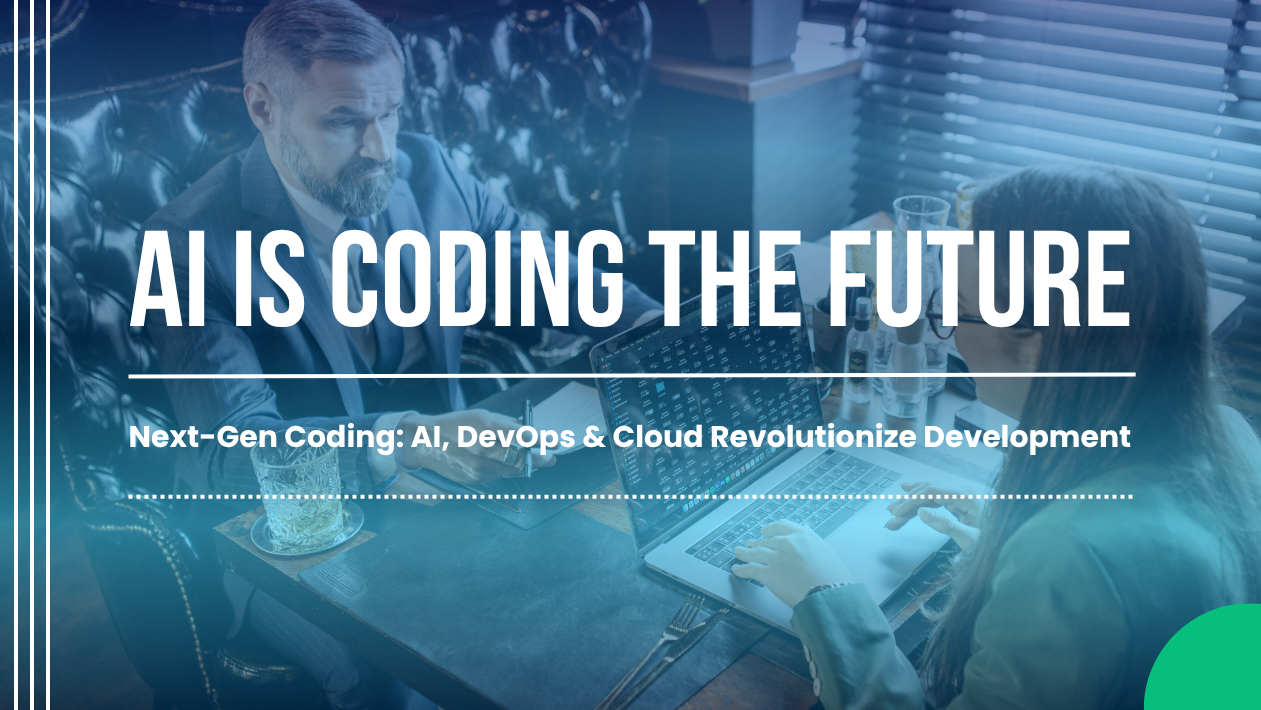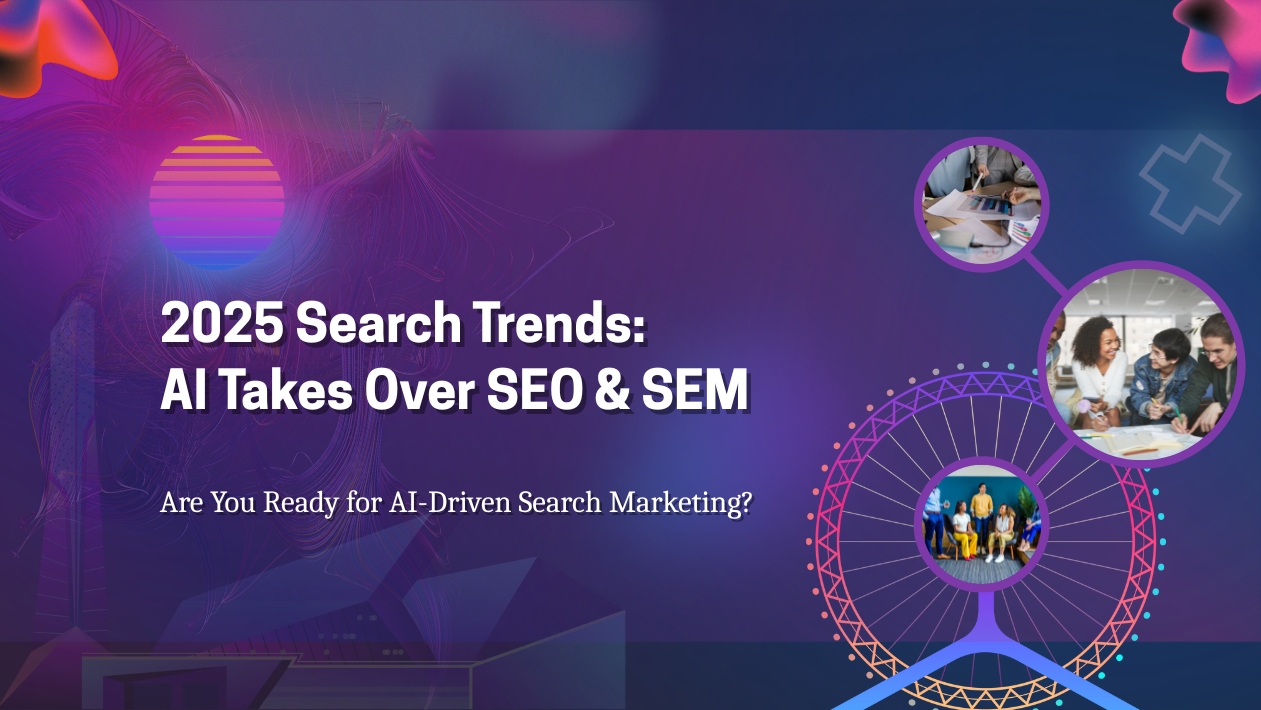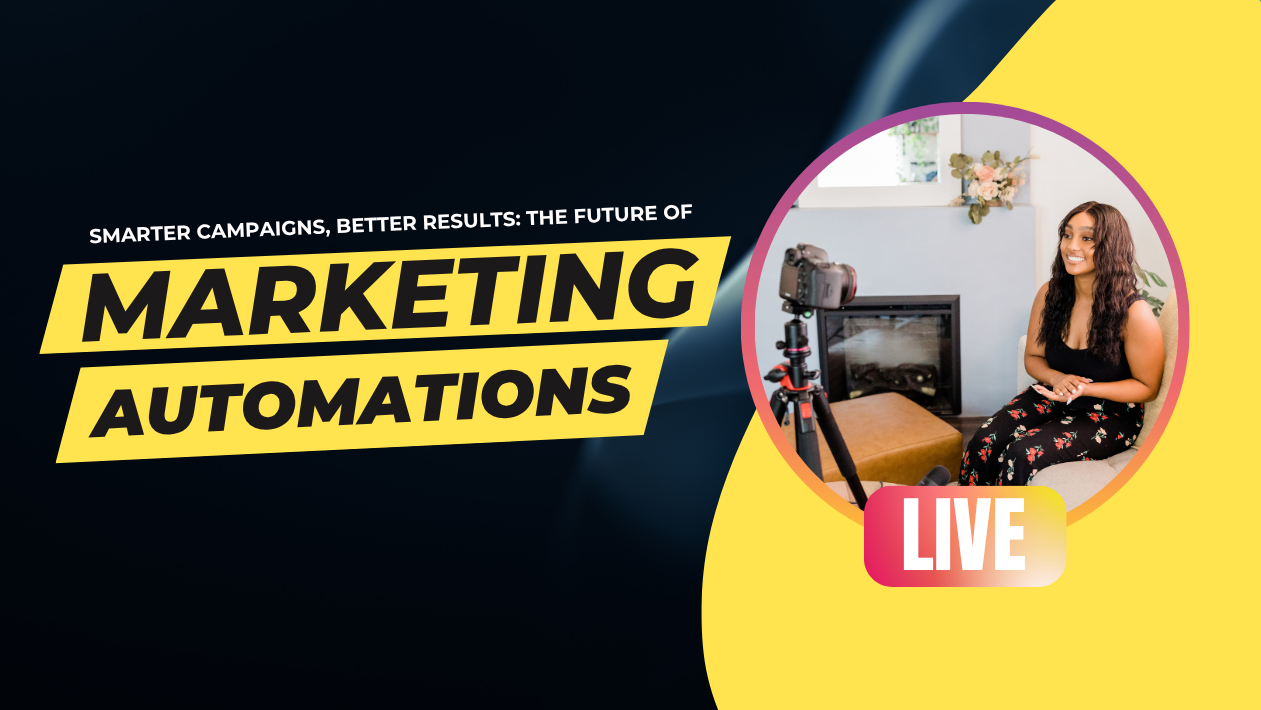In 2025, the world of Search Engine Optimization (SEO) and Search Engine Marketing (SEM) is evolving rapidly as AI-powered search engines, voice queries, and zero-click results dominate how users discover content and brands online.
With Google, Bing, and emerging AI-native platforms like Perplexity, You.com, and OpenAI Search transforming search intent, marketers must now optimize for context, conversation, and conversion rather than just keywords.
AI Search Engines Shift the Focus to Conversational SEO
AI-driven search experiences are prioritizing natural language queries, answer-focused content, and semantic relevance over traditional keyword density. Platforms like Google SGE (Search Generative Experience) are summarizing answers using AI, reducing the need for clicks.
As a result, SEO professionals are now focusing on:
- Topical authority and content depth
- Structured data and schema markup
- AI-optimized long-tail keyword strategy
Voice Search and Multimodal SEO Go Mainstream
With voice-enabled devices and smart assistants growing in adoption, voice SEO is now a must. Search queries are longer, more conversational, and intent-driven, requiring tailored optimization strategies.
Additionally, image, video, and mixed-media content are being indexed more precisely, pushing multimodal SEO to the forefront for brands in retail, travel, and local services.
Zero-Click Searches Demand Value-First Content
Over 65% of search queries in 2025 result in zero-click interactions, where users find their answer directly on the search page. Featured snippets, knowledge panels, and “People Also Ask” boxes are reducing click-through rates (CTR).
To stay competitive, marketers are crafting:
- Clear, structured content that earns rich snippets
- Authority-building through backlinks and E-E-A-T
- Conversion-focused CTAs for visibility beyond the search result
SEM Budgets Shift Toward Intent and AI-Powered Bidding
On the SEM front, platforms like Google Ads, Microsoft Advertising, and Meta Advantage+ are increasingly automating bidding strategies using AI-based intent signals. Advertisers are now prioritizing:
- First-party data integration
- Hyper-local targeting
- Predictive audience segmentation
The rise of Retail Media Networks (RMNs)—such as Amazon Ads and Walmart Connect—has also redefined paid search strategies, especially in e-commerce.
Video and Shorts SEO Impact Search Discoverability
Short-form video content optimized for YouTube, TikTok, and Instagram Reels now appears directly in search results. Marketers are embedding transcripts, subtitles, and hashtags to enhance discoverability and boost engagement in SERPs.
Looking Ahead: Search Personalization and Predictive Discovery
The future of SEO/SEM is not just reactive—it’s predictive. Platforms are anticipating user needs based on historical data, behavior, and preferences. Brands that align with searcher intent, UX optimization, and AI integration will lead the digital attention economy.





